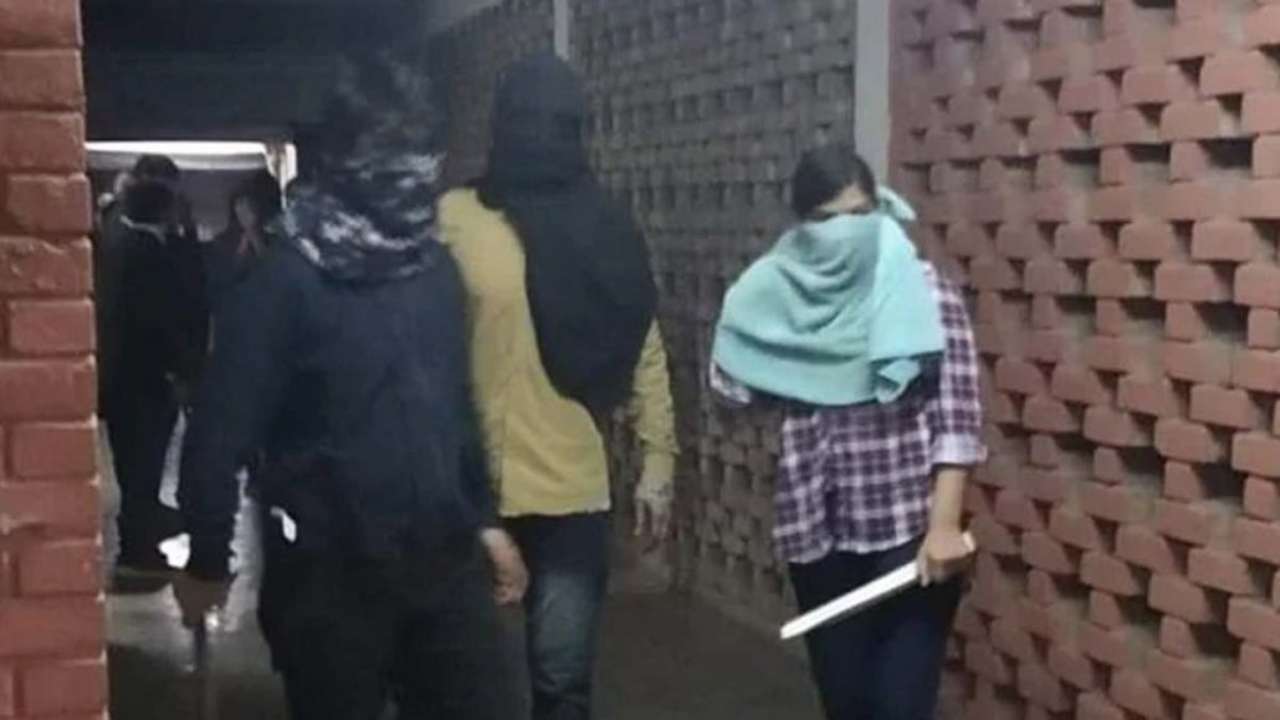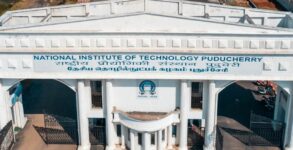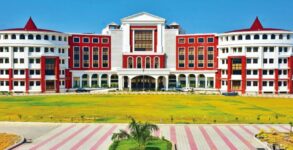As per the claims stated by the Jawaharlal Nehru University (JNU) administration in an FIR, where they stated that the biometric systems and CCTV cameras in its server room were vandalised on January 3, a response to a Right to Information query has revealed that this was not the case.
Saurav Das, a member of the National Campaign for People’s Right to Information (NCPRI) got a reply to its RTI filed under the “life and liberty” clause.
The reply stated that the main server of JNU at the Centre for Information System (CIS) was shut down on January 3 and had gone down the next day “due to power supply disruption.”
The varsity’s reply was a little different stating that “no continuous and entire” CCTV footage of cameras installed at North/Main gate of the JNU campus from 3 pm to 11 pm on January 5 was found out, the day when masked mem entered the campus, and attacked students and teachers with iron rods and sledgehammers.
The JNU administration claimed in an FIR that on January 3, a group of students wearing masks had forcibly entered the CIS and switched off the power supply, making the servers dysfunctional, thereby affecting a range of functions, including CCTV surveillance, biometric attendance, and internet services. “The main server of JNU was shut down on January 3 and had gone down the next day due to power supply disruption.”
None of the CCTV cameras were vandalised from December 30, 2019, to January 8, 2020,” the varsity, in its response to the RTI, said.
The response stated that a total of 17 fibre optical cables were damaged on January 4 at 1 pm.”‘None of the biometric systems were broken or destroyed from December 30, 2019, to January 8, 2020,” it said.
The RTI had also sought information on whether the CIS office contains the servers of the CCTV cameras in and around the campus. To this, the reply stated that the servers of CCTV cameras are located in the data center and not at the CIS office. The RTI reply also states “the details of locations of CCTV cameras cannot be provided due to security reasons and concerns”.
Das received the reply to an RTI filed by him on January 9. The RTI also asked details of the total number of times the JNU website was not functioning due to technical snag or problem from December 25, 2019, to January 8, 2020.
The reply stated that the varsity’s website was functioning during this period since it is “critical” and “a logical public face of the university.” “It was running from alternate backup arrangement during this period,” the varsity said in its response.
Masked people armed with rods and sticks on January 5 stormed the JNU campus and beat students and faculty members along with vandalising property. It left several people injured. Several students and teachers, including JNU Students’ Union president (JNUSU) president Aishe Ghosh, had received severe injuries during the attack.
Leftist outfits and the RSS-affiliated Akhil Bharatiya Vidyarthi Parishad (ABVP) blamed each other for the violence. The incident was heavily criticised and protests across pan-India mostly led by student communities were launched. The Delhi Police had later released photographs of nine suspects in the case and claimed that present JNUSU President Aishe Ghosh was one of them and led a mob that attacked the Periyar hostel on campus.
Ghosh had rejected all the charges levied against her and demanded that Delhi Police make public proof of its claims. She also accused the police of conducting a complete bogus and biased investigation. The JNU Teachers’ Association had also accused the police of “underplaying” the violence on campus and termed its version utterly disturbing.


















